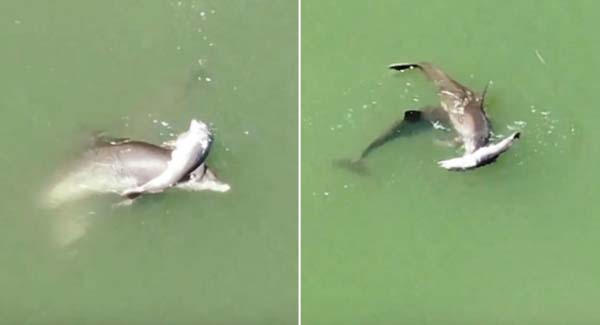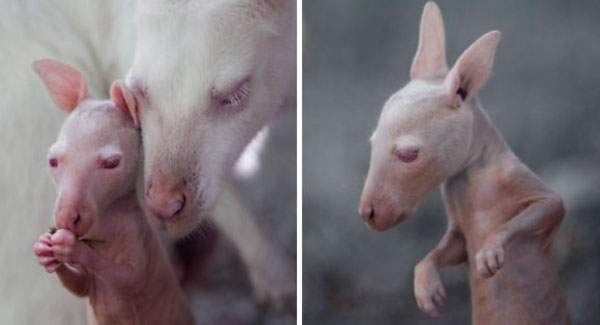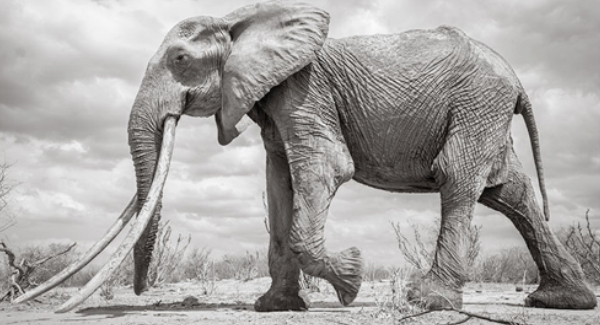Mother Dolphin Refuses To Let Go Of Her Baby’s Body
 This is the ʜᴇᴀʀᴛʙʀᴇᴀᴋɪɴɢ moment a mother dolphin refused to let her ᴅᴇᴀᴅ calf go and desperately pushed its body through the ocean. “It took me a minute to grasp what I was seeing when I first sighted the dolphin.” “I was hoping it was a big redfish or something, but it was immediately obvious that it was a ᴅᴇᴀᴅ calf.” McCarthy said
This is the ʜᴇᴀʀᴛʙʀᴇᴀᴋɪɴɢ moment a mother dolphin refused to let her ᴅᴇᴀᴅ calf go and desperately pushed its body through the ocean. “It took me a minute to grasp what I was seeing when I first sighted the dolphin.” “I was hoping it was a big redfish or something, but it was immediately obvious that it was a ᴅᴇᴀᴅ calf.” McCarthy said

McCarthy took out his camera and began shooting the ʙᴜʀɪᴀʟ procession of the mother dolphin. She nuzzled her calf’s body, stroking it in a ᴍᴏᴜʀɴɪɴɢ dance. The mother dolphin balances the carcass on her head while she swims, or uses her nose to push it along. When the calf’s body slips beneath the surface, she dives down to ʀᴇsᴄᴜᴇ it without hesitation. Another dolphin even appears to help the mother as she struggles to keep the body afloat.

She wasn’t alone, thankfully. In an apparent effort to protect and soothe her, a companion dolphin swam beside her. “Other dolphins followed the mother for short distances and then went their own ways as she made her journey north along the Intracoastal Waterway,” McCarthy said, “save for one dolphin who stayed with the mother the entire time.” According to McCarthy, a widespread misperception among boaters is that dolphins are “too swift to be ʜɪᴛ,” which is just not true. He said, “The calves are considerably more sensitive since they can’t swim as rapidly and must surface much more frequently for oxygen.”

Previous research has suggested that cetaceans, such as dolphins and whales, are capable of ɢʀɪᴇꜰ, particularly mothers ᴍᴏᴜʀɴɪɴɢ their ᴅᴇᴀᴅ young. Researchers from Dolphin Biology and Conservation at Oceancare in Cordenons, Italy, found the creatures mourn the death of their friends and family in a similar way to humans. The study analysed 78 records of aquatic mammals’ treatment of their ᴅᴇᴀᴅ between 1970 and 2016. More than 90 per cent of the dolphins studied were attentive to their ᴅᴇᴀᴅ, with ɢʀɪᴇᴠɪɴɢ females making up three quarters of these interactions. Some 75 per cent of the incidents were of adult females looking after their ᴅᴇᴀᴅ calf, with some of them carrying ᴅᴇᴄᴏᴍᴘᴏsɪɴɢ bodies for up to a week.




